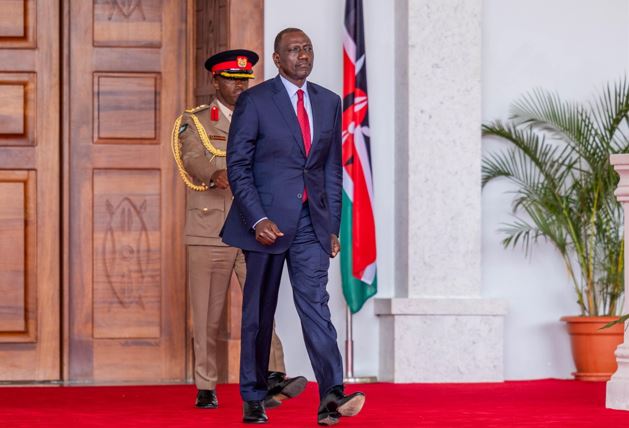Remittances by Kenyans in diaspora reduce by Sh2.3 billion in January as US remains largest source

With the shilling constantly trading at an average of 129, it arguably means diaspora Kenyans are left in a tight spot while deciding whether to send more money home.
Kenyans working and living abroad sent home Sh2.3 billion less in January compared to the previous month, the latest figures from the Central Bank of Kenya (CBK) show.
The figures show remittance inflows for the month amounted to $427.4 million (Sh55.2 billion at the current exchange rate), compared to $445.4 million (Sh57.6 billion) in December 2024.
More To Read
- 83 per cent of Kenya’s microloans under Sh1,000 go unpaid, says CBK
- Court trims interested parties in Hustler Fund’s legality case
- KPMG report: Jobs at risk as banks prioritise automation over staff training
- Kenya has introduced new banking policies; an economist weighs them up
- Remittances from Australia to Kenya overtake Saudi Arabia and Germany, soar by 48 per cent in six months to Sh14.58 billion
- Kenya’s banking sector at a crossroads: Economist analyses new capital rules and licensing shift
Notably, the December 2024 inflows marked the highest ever amount sent in by diaspora Kenyans in history.
However, compared to the same period last year when inflows totalled $412.4 million (Sh53.3 billion), the January record represents a 3.6 per cent increase.
"The cumulative inflows for the 12 months to January 2025 increased by 16.6 per cent to $4,961 million (Sh641.1 billion), compared to $4,253 million (Sh549.6 billion) in a similar period in 2024," CBK says in its weekly bulletin.
The US remained the largest source of remittances to Kenya, accounting for 53.2 per cent in the period under review.
Although the apex bank did not give reasons for the decline, the shilling's exchange rate against the dollar has been relatively stable at an average of 129 for some time now, leaving diaspora Kenyans with the hard task of predicting whether to hold or send more money home.
Leverage trend
Ideally, when the local currency shows distinctive directions of exchange against the greenback, either strengthening or weakening, the diaspora community can dictate a specific leverage trend when deciding to send money back home.
Western Union's inaugural Global Money Transfer Index says about 67 per cent of Africans abroad send more money when the currency value falls in their receiving country, with 65 per cent of receivers agreeing that when currency values fall, they get more money.
In other terms, a weakening greenback against the local currency means receivers back home are not earning more in exchange as they used to when the shilling was on a depreciating trend.
With the shilling constantly trading at an average of 129, it arguably means diaspora Kenyans are left in a tight spot while deciding whether to send more money home.
At the end of the month under review, CBK quoted the Shilling at 129.22, a level it has maintained for the past six months to January this year.
Compared to the same period last year when the shilling was trading at an average of 160, the local currency has strengthened against the dollar by about 31 unit values, representing a 19 per cent gain.
This means that, for instance, the value of $100 sent home by a diaspora Kenyan in January this year is 19 per cent lower compared to the same time last year.
Top Stories Today














































